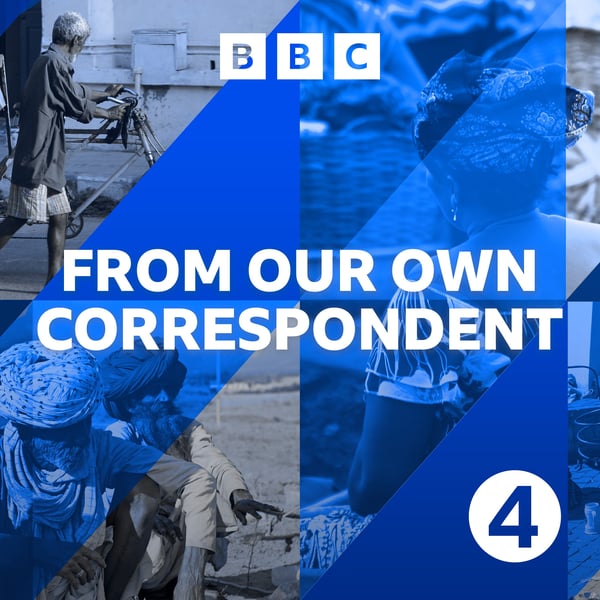Uncovering China's Internet Trolls
From Our Own Correspondent
BBC
4.4 • 1.3K Ratings
🗓️ 8 January 2022
⏱️ 29 minutes
🧾️ Download transcript
Summary
Transcript
Click on a timestamp to play from that location
| 0:00.0 | BBC sounds, music, radio, podcasts. |
| 0:05.3 | Good morning. |
| 0:06.8 | News journalists in democratic countries are generally expected to be neutral and unbiased |
| 0:13.0 | observers. Today we hear of a challenge our correspondents in the Seychelles faced |
| 0:19.2 | when he was sent to cover a court case and found that several of the defendants were |
| 0:24.4 | old acquaintances. We're in Peru where so many children have lost parents to Covid that |
| 0:31.2 | some predict a trauma which will echo down the generations. On the trail of the rebel |
| 0:37.1 | general, a correspondent recounts what happened when he set off to interview a key civil |
| 0:42.4 | war figure from South Sudan who turned out to be in custody. And with the last of the |
| 0:48.8 | left over Christmas cake polished off, we hear how eating cake in Denmark was once a bold |
| 0:56.1 | and radical gesture. First, plenty of journalists have had the experience of being trolled, attacked |
| 1:03.8 | on social media for what they've written or said, often in terms which can be both |
| 1:09.0 | offensive and sometimes frightening. Tessa Wong certainly knows how that feels. The |
| 1:15.7 | reporting she's done on China has earned her furious denunciation from the country's |
| 1:21.1 | online defenders. But rather than simply accept this abuse as part of the job, she tried |
| 1:27.4 | to find out why so many people had launched these attacks. What she found was that some |
| 1:33.7 | of them were not the spontaneous outbursts of outrage citizens which they might have appeared. |
| 1:40.2 | Rather, it seems that key social media political influences are being encouraged in their |
| 1:46.2 | work by the Chinese authorities. The comments came in fast and they were furious. Last month, |
| 1:54.0 | I had written a piece about a unique group of Chinese internet users known as the Zigang |
| 1:59.2 | Wu. For some time, I had noticed that more and more Chinese people were getting attacked |
| 2:04.8 | online for being quote unquote unpatriotic. The targets range from human rights activists |
... |
Please login to see the full transcript.
Disclaimer: The podcast and artwork embedded on this page are from BBC, and are the property of its owner and not affiliated with or endorsed by Tapesearch.
Generated transcripts are the property of BBC and are distributed freely under the Fair Use doctrine. Transcripts generated by Tapesearch are not guaranteed to be accurate.
Copyright © Tapesearch 2025.

